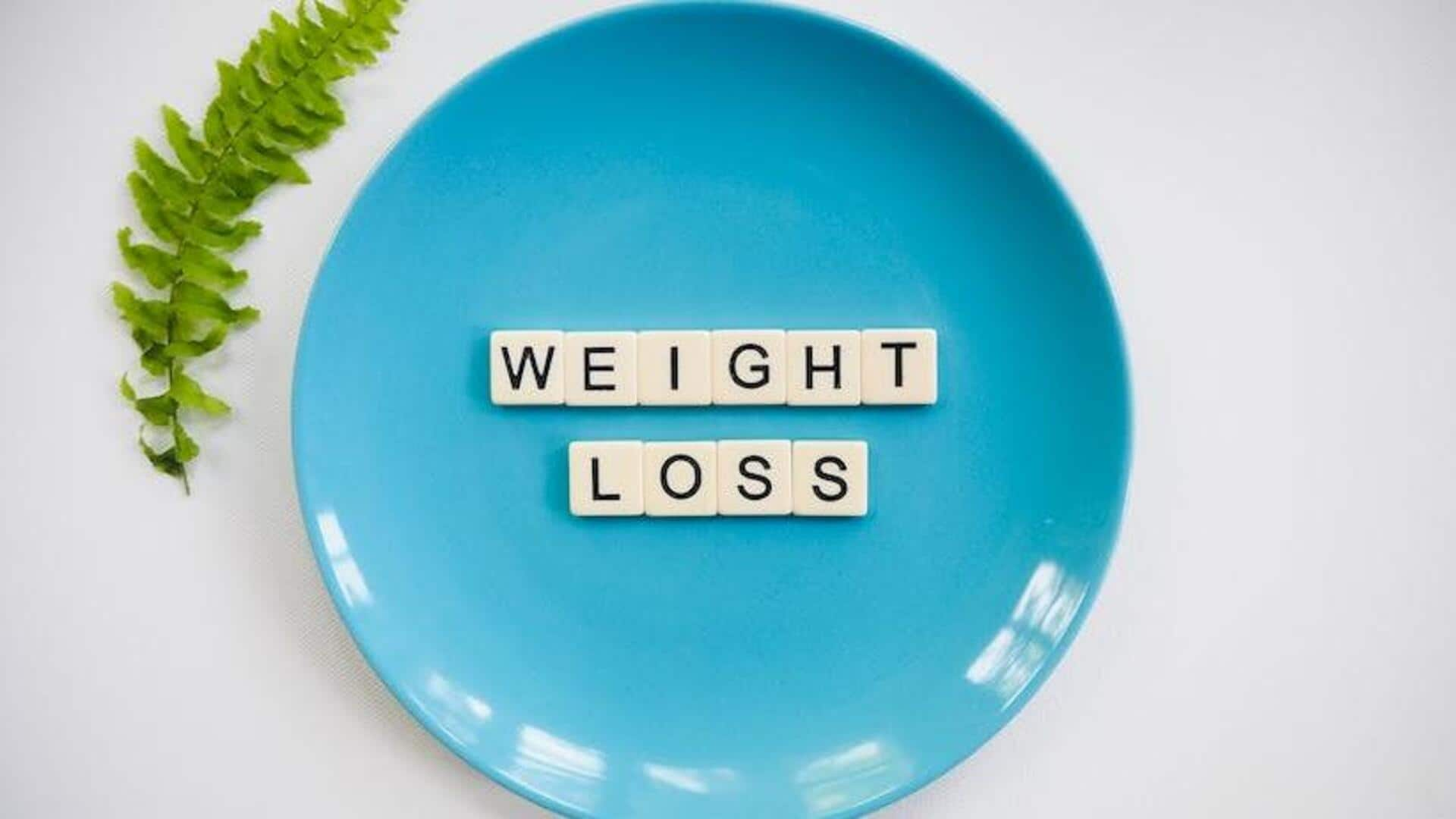
Small meals v/s intermittent fasting: What's ideal for weight loss
What's the story
When it comes to weight loss, two main approaches typically take center stage: eating several smaller meals throughout the day and engaging in intermittent fasting. While both have their pros and cons, it is important to make the right choice by understanding them in depth. Mr. Jashan Vij, health and fat loss coach, tells us everything one should know about these two dietary approaches.
Small meals
Small meals
According to Vij, the small meals approach refers to a dietary strategy where individuals consume multiple small meals throughout the day instead of the traditional three large meals. Most people typically follow a five-meal practice which includes breakfast, lunch, dinner, and two snacks in between. Like anything else, this lifestyle and dietary regimen also has its pros and cons.
Pros
Pros of eating small meals
This method is ideal for people who struggle to manage meal gaps and have a strong desire to eat. "According to research, eating modest meals at regular intervals will help you avoid extreme hunger and overindulgence while maintaining stable energy levels, " enlightens Vij. "Furthermore, this strategy may help to regulate blood sugar levels, thereby decreasing the need for unhealthy foods," he adds.
Cons
Cons of having small meals
This approach requires planning and preparation of multiple small meals. "This may not be suitable for individuals who cannot control portion sizes and may lead to constant snacking and overconsumption of calories if not carefully monitored," reveals the health and fat loss coach. Additionally, if you are generally busy throughout the day, cooking small meals multiple times can be a task.
Intermittent fasting
Intermittent fasting
Intermittent fasting is one of the most popular approaches to weight loss. "This diet involves alternating between eating and fasting intervals. The 16/8 technique (fasting for 16 hours and eating within an 8-hour window) and the 5:2 approach (normal eating for five days and calorie restriction on two non-consecutive days) are two versions of this concept," shares Vij with NewsBytes.
Pros
Pros of practicing intermittent fasting
As per the coach, intermittent fasting promotes weight reduction by restricting calorie intake during fasting times and allowing the body to use stored fat as an energy source. "It helps in insulin sensitivity and metabolic health. It is a simplified pattern of dieting and doesn't require too much focus on the preparation of meals frequently," he mentions.
Cons
Cons of intermittent fasting
According to Vij, intermittent fasting could be challenging as "it may require adjustment with the new fasting time gaps." "It could be challenging for individuals with medical conditions, eating disorders, or those who need regular nutrient intake," he adds. The expert also believes that fasting may not be suitable for everybody and hence should be approached with caution.
Verdict
The verdict: Which one is a better approach?
Having small meals and intermittent fasting are both healthy ways to weight loss. But wondering which of the two is better? Well, Vij has a verdict. "Smaller meals or intermittent fasting are both effective for weight reduction. Determine and adhere to the approach that works best for you, taking into account your hunger frequency, lifestyle, food availability, work schedule, and convenience," he concludes.